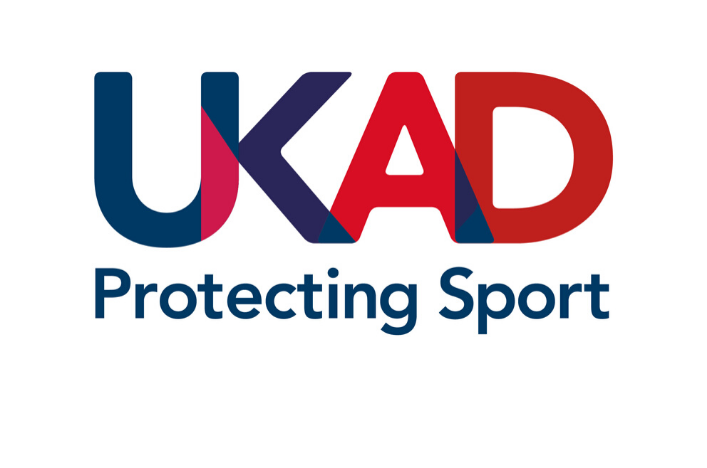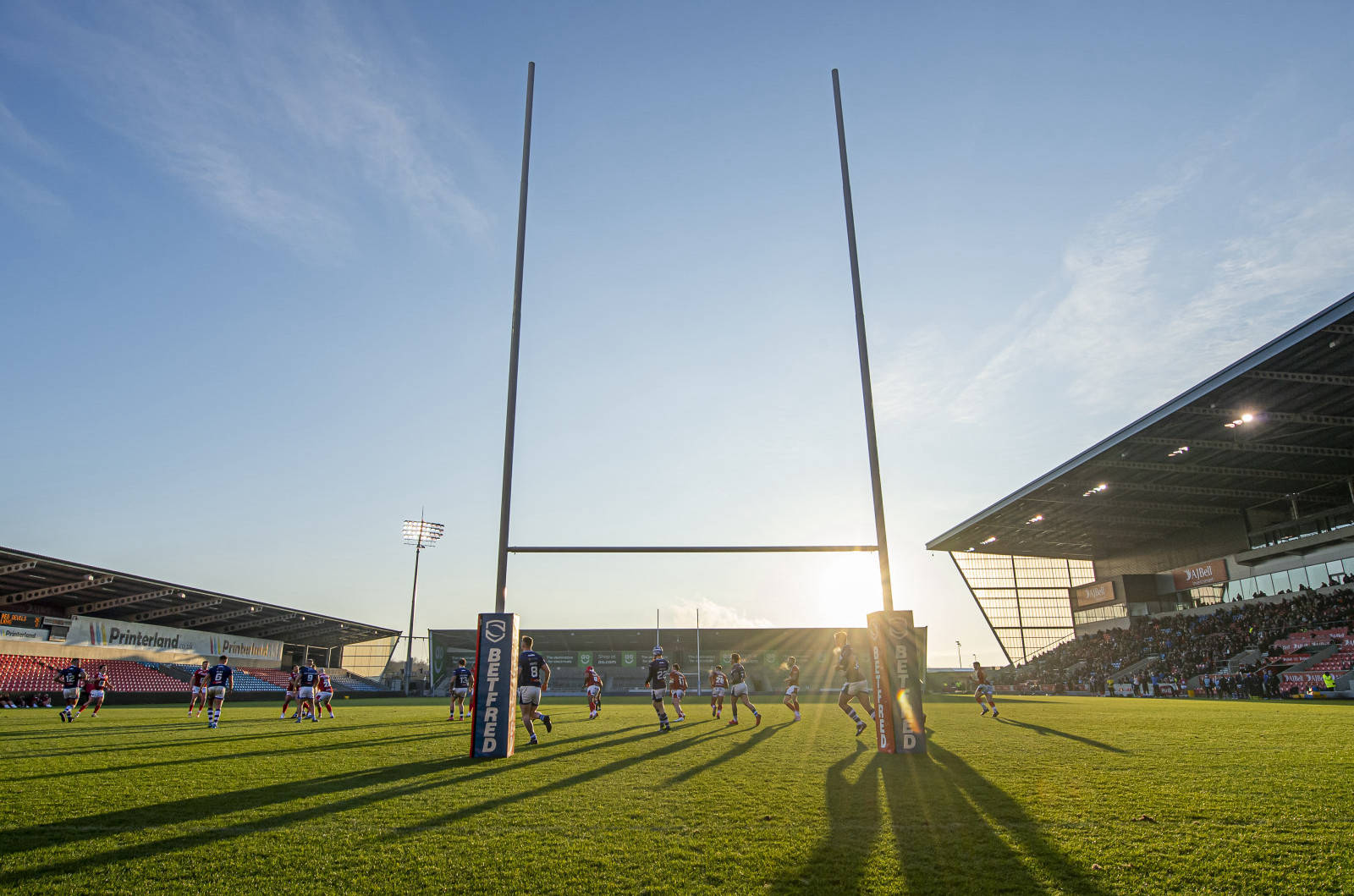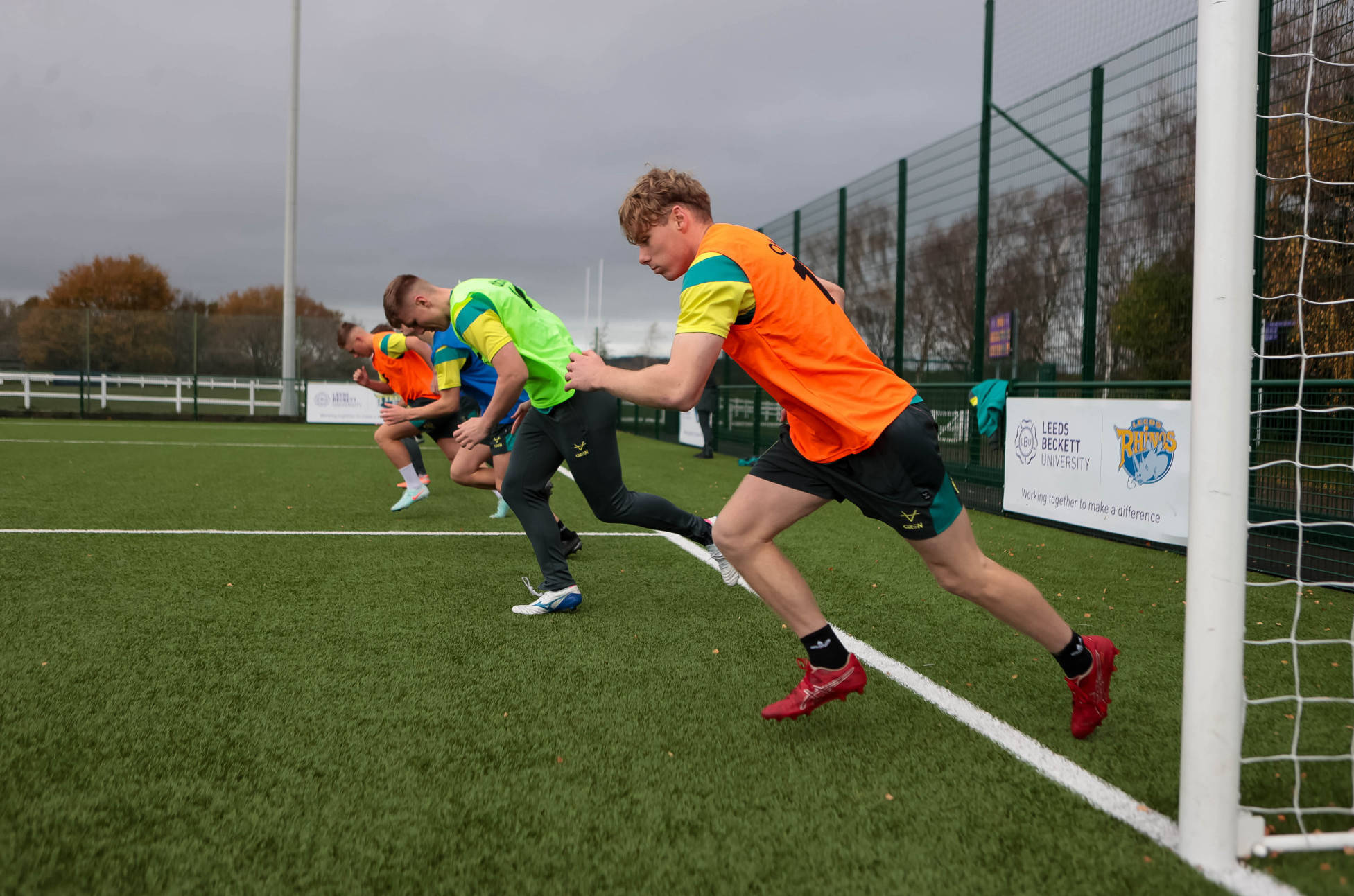
Former rugby league player, Jamie Acton, has been banned from all sport for a period of two years following an Anti-Doping Rule Violation for the presence of a banned substance in a urine sample, discovered after re-analysis of the sample.
On 5 December 2014, UK Anti-Doping (UKAD) collected an Out-of-Competition urine sample from Mr Acton at a Leigh Centurions’ training session. Initial analysis of Mr Acton’s sample did not detect any prohibited substances. UKAD instructed the Laboratory to send the sample to its long-term storage facility.
On 5 February 2021, UKAD instructed the Laboratory to conduct retrospective GHRF re-analysis of the sample. This analysis returned Adverse Analytical Findings for Growth Hormone Releasing Peptide-6 (‘GHRP-6’) and its metabolite GHRP-6 (2-5) free acid. GHRP-6 is a non-Specified substance and is prohibited at all times.
This is the first UKAD case where Adverse Analytical Findings have been returned after re-analysis following the long-term storage of a sample.
In response to the findings, Mr Acton stated that he had retired from rugby league in April 2019. He did however, accept the charges against him. UKAD has therefore issued Mr Acton with a two-year ban, which is deemed to have commenced on 30 April 2021 and will expire at midnight on 29 April 2023. The ban means that Mr Acton is prohibited from participating in World Anti-Doping Code-compliant sport and cannot take on any role as an Athlete Support Person, including coaching.
Speaking on the case, UKAD Acting Chief Executive Officer, Pat Myhill said: “As advances in technology allow us to better detect prohibited substances, sample re-analysis forms a vital part of our testing strategy. This case shows that we will catch up with athletes who mistakenly think they can evade detection. We keep many samples from a variety of sports in our long-term storage facility, and regularly conduct this kind of analysis.
“Athletes have a responsibility to protect their sport as well as their own health, career, and reputation. The rules are clear; athletes are personally accountable for what is in their body and if there is something in their system that is prohibited, they will get caught.â€
The RFL added:
The RFL is committed to Rugby League being a Clean Sport. The RFL condemns drug use in sport as doping is harmful to the core values of Rugby League. It is damaging to players’ health and wellbeing, the fairness and integrity of the competition and prevents all from the right to participate in a doping free competition.
The RFL works closely with UK Anti-Doping with all alleged breaches of the Anti-Doping Rules being referred to and investigated by UKAD.
The RFL has a significant focus on education of players including online and with anti-doping workshops run annually by UKAD trained Educators. In addition, it is compulsory for certain support staff to have completed UKAD’s Clean Sport Advisor Course.
In conjunction with UKAD, we carry out a number of in and out of competition doping tests. We are also supportive of UKAD’s testing of historical tests and believe this plays an important part in messaging to players on ensuring the sport remains clean.
We actively encourage anyone who has any concerns regarding doping to report them. The RFL passes any intelligence in relation to any antidoping complaints or concerns, to UKAD. UKAD also has a confidential hotline which allows anyone to report concerns direct to UKAD.




